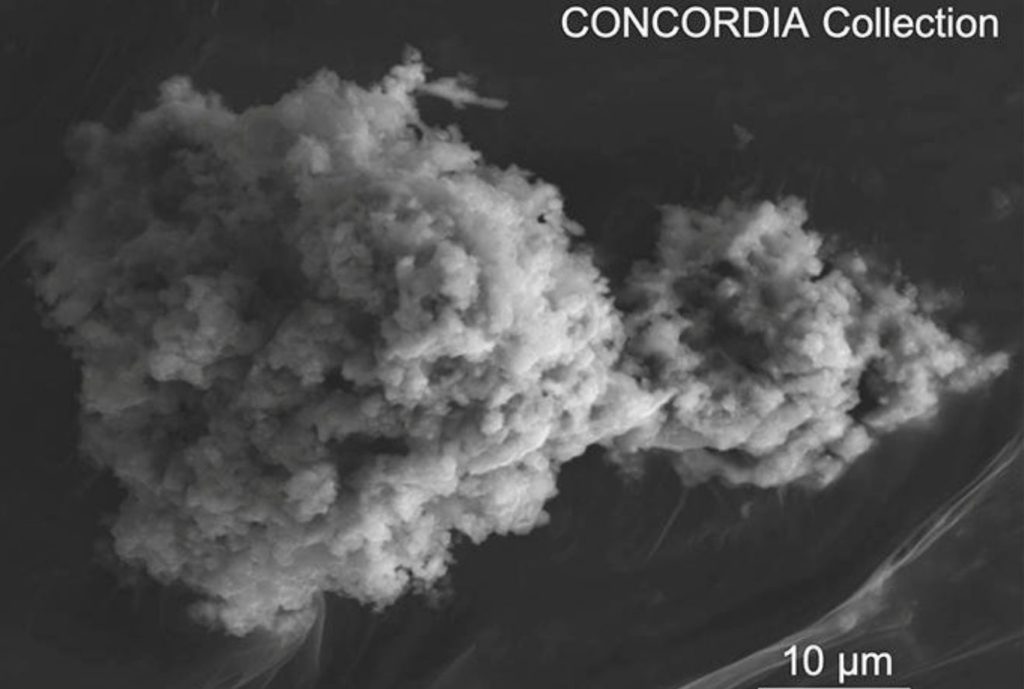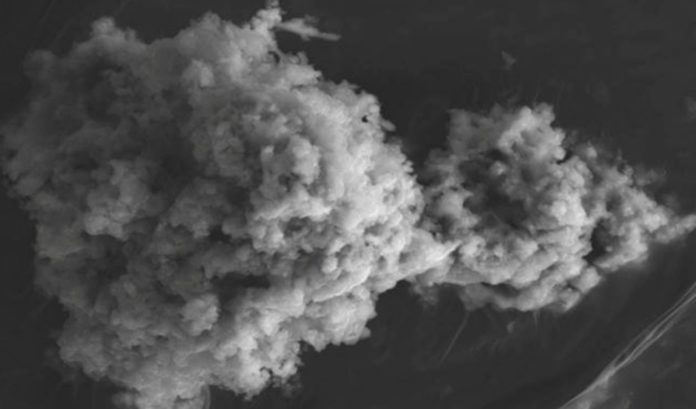When comets or asteroids pass through the atmosphere at very high speeds, the friction with air particles heats up some of the larger particles.
Large amounts of interplanetary dust particles, known as micrometeorites, enter the earth’s atmosphere at high speed, giving rise to shooting stars, according to a new study.
- Does This Mean We Stopped Being Animal and Started Being Human Due to ‘Copy Paste’ Errors?
- The One Lifestyle Choice That Could Reduce Your Heart Disease Risk By More Than 22%
- Aging: This Is What Happens Inside Your Body Right After Exercise
- Immune-Boosting Drink that Mimics Fasting to Reduce Fat – Scientists ‘Were Surprised’ By New Findings
- Gun Violence in America: What They Don’t Talk About at the Debate
The tiny particles, a few tenths to hundredths of a millimetre, come from comets or asteroids and have rained down on earth since the beginning of the planet.
When they pass through the atmosphere at very high speeds, the friction with air particles heats up some of the larger particles.
As the temperature rises, some of the micrometeorites get vaporised, creating what is commonly called a shooting star.
Now, scientists at the French National Centre for Scientific Research, have measured just how much space dust reaches the earth’s surface and where it comes from.
Author Dr Jean Duprat said: “Every year, our planet encounters dust from comets and asteroids.
“These interplanetary dust particles pass through our atmosphere and give rise to shooting stars.”
Six expeditions were carried out over the past two decades near the Franco-Italian Concordia station to collect micrometeorites.

The area, located 680 miles (1,100 km) off the coast of Adélie Land, in the heart of Antarctica, is an ideal as there is little snow cover and very little terrestrial dust.
Enough micrometeorites, ranging from 30 to 200 micrometres in size, were collected for the scientists to calculate their annual flux.
This measurement corresponds to the mass of space particles landing on the earth’s surface per square metre per year.
Applied to the whole planet, around 4,717 tonnes (5,200 tons) of extraterrestrial dust rains down every year, the researchers say.
Dr Duprat said: “This is the main source of extraterrestrial matter on our planet, far ahead of larger objects such as meteorites, for which the flux is less than ten tons per year.“
The researchers compared the flux of micrometeorites using theoretical predictions to determine where they came from.
They discovered around 80 per cent of the alien particles come from comets and the rest from asteroids.
Their findings will help scientists “better understand” what role space dust played in shaping our planet millions of years ago.
- Does This Mean We Stopped Being Animal and Started Being Human Due to ‘Copy Paste’ Errors?
- The One Lifestyle Choice That Could Reduce Your Heart Disease Risk By More Than 22%
- Aging: This Is What Happens Inside Your Body Right After Exercise
- Immune-Boosting Drink that Mimics Fasting to Reduce Fat – Scientists ‘Were Surprised’ By New Findings
- Gun Violence in America: What They Don’t Talk About at the Debate
Dr Duprat said: “This is valuable information to better understand the role played by these interplanetary dust particles in supplying water and carbonaceous molecules on the young Earth.”
The findings were published in the journal Earth & Planetary Science Letters.
